Posted on 4/13/2023
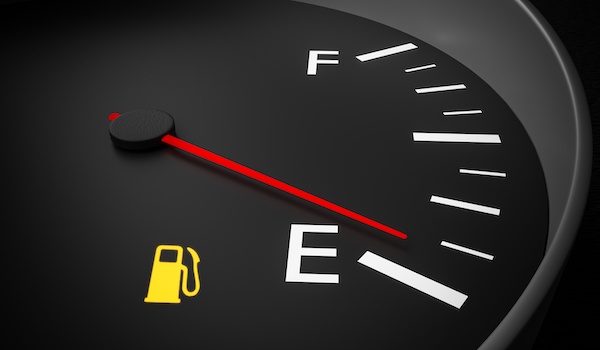
Like many drivers, you may have heard the old myth that it's frowned upon to let your fuel level get too low before filling up. Some believe that running on a low tank can damage your fuel pump or even clog your fuel injectors. But is this really true, or is it just a myth? The truth is that running your fuel level too low can cause problems for your car in the short and long term. Here's what you need to know: Potential Short-Term Problems: Stalling: When your fuel level gets too low, your engine may not be able to get enough fuel to keep running, and it may stall out. Reduced Performance: As the fuel level drops, your car may start to experience reduced performance, especially during acceleration. Fuel Pump Damage: Running your car on a low fuel level can cause your fuel pump to work harder, which can lead to premature wear and even damage. Potential Long-term Problems: Fuel Injector Clogging: Ove ... read more
Posted on 3/30/2023

Off-roading is an exciting and thrilling activity, but it can also strain your vehicle excessively. If you are an off-roading enthusiast, you may be familiar with the common repairs your vehicle may require. At our auto repair shop, we have seen all sorts of issues that arise from off-roading. Our certified techs can assist you with the following repairs: Suspension issues: Your vehicle's suspension is designed to absorb shocks and vibrations that come with off-roading. However, when you are driving on rough terrains or over obstacles, your suspension can take an extra beating. You may notice your vehicle bouncing excessively, or it may feel like it is sagging in one corner. These are key signs that your suspension needs repairs. Suspension repairs may involve replacing worn-out shocks or struts, bushings, ball joints, or control arms. Damaged undercarriage: When you are off-roading, rocks, boulders, and other obstacles can damage the undercarria ... read more
Posted on 2/28/2023
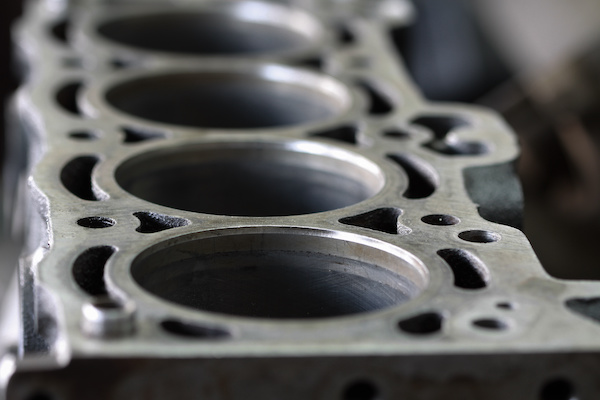
The engine is the heart of the vehicle, and the cylinder block is the core of the engine. The cylinder block houses various engine components, including the cylinders, pistons, and crankshaft. It also provides support for the cylinder head and intake and exhaust manifolds. The cylinder block is typically made of cast iron or aluminum and is designed to withstand high temperatures and pressures. It houses the cylinders, which are where the fuel is burned and converted into energy. The pistons are connected to the crankshaft and move up and down within the cylinders to create the force that drives the vehicle. The cylinder block also manages the engine's oil and coolant. If the cylinder block is damaged or not functioning right, it can lead to a variety of engine problems. Some of the signs of a damaged cylinder block include: Engine Misfires: Misfires occur when the engine skips one or more of the cylinders, leading to a rough ride and poor fuel economy ... read more
Posted on 1/31/2023
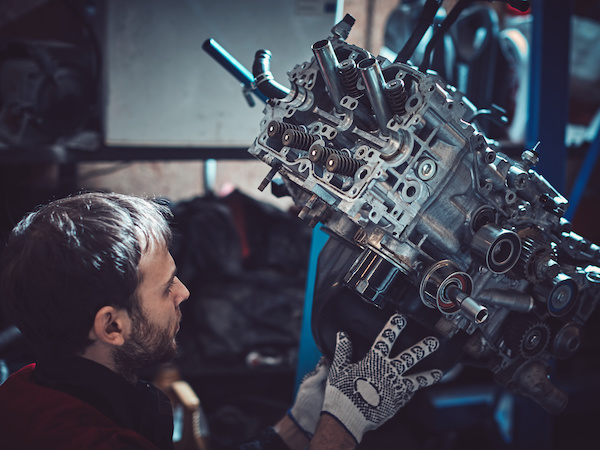
When your car nears the end of its life, engine problems become inevitable. That is why some people with severe engine damage have to choose between two options: getting an engine replacement or buying a new car. Fortunately, you can count on the team at Stang Auto Tech to find the better option for you. The cost of swapping out a vehicle engine may sound daunting as it can cost several thousand dollars. When compared to a monthly car payment, it may seem way out of your reach. However, a new car costs you way more than several thousand dollars altogether. Even if you decide to buy a new, pre-owned vehicle, you could be faced with additional costs like maintenance and repairs. Sometimes, fixing the nightmare of engine damage is better than taking the financial risk of buying a new car. Types of Engine Replacements An engine replacement service is precisely what it sounds like. It means completely removing the old engine and installing a new engine or new engine parts. The engi ... read more
Posted on 12/29/2022
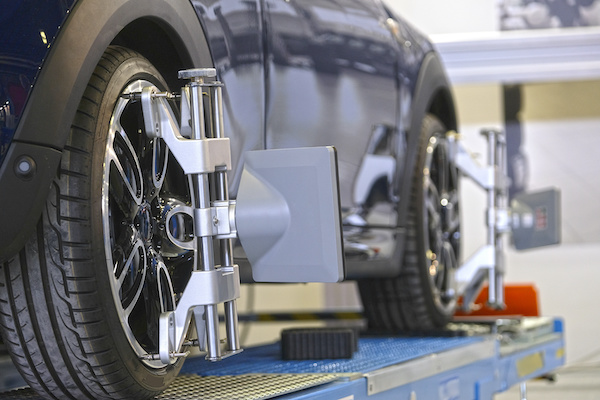
Your car tires and wheels make up a significant part of your car and influence your driving experience. When they are not in their best condition, driving can become a problem. Before we discuss how wheel alignment and tire balance are different, let's look at how they are similar. Although they are different processes, they contribute to a smoother ride and make driving longer distances a more pleasant experience. What is Wheel Alignment? Wheel alignment is unique for every vehicle. It refers to an adjustment of your car's suspension system. This is the system that connects your vehicle to its wheels. It does not involve adjusting the tires themselves. A good wheel alignment will keep your car from veering to the right or the left on the road when you are not tightly controlling the steering wheel. If your vehicle needs wheel alignment, these are the signs you will notice The car will start pulling to one side of the road. The tires are squealing, especially when making t ... read more
Posted on 11/30/2022
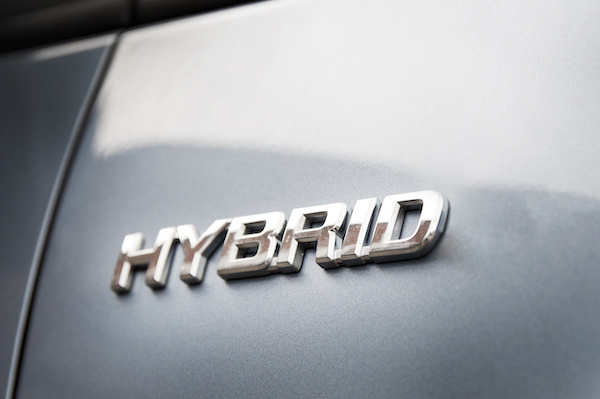
Most people are under the impression that hybrid (and electric) vehicles don’t require maintenance at all. However, that is far from the truth. While hybrid cars require less maintenance than gas-powered vehicles, they still need specific procedures to ensure their reliability and performance on the road. Is Hybrid Maintenance More Expensive? Owning a hybrid vehicle is all about saving money on gas, but does it yield savings in the auto repair shop too? In some cases, it does cost less to maintain a hybrid than conventional automobiles. But, the maintenance costs should be very similar. The most significant difference is noticeable in brake services since hybrid vehicles can go longer between brake replacements. What Are the Major Differences in Maintenance between the Two? Both hybrid and gas-powered cars have combustion engines, so their maintenance overlaps quite a bit. They need oil changes, fluid flushes, belt replacements, tire services, wiper replacements, and more. As ... read more
Posted on 10/29/2022
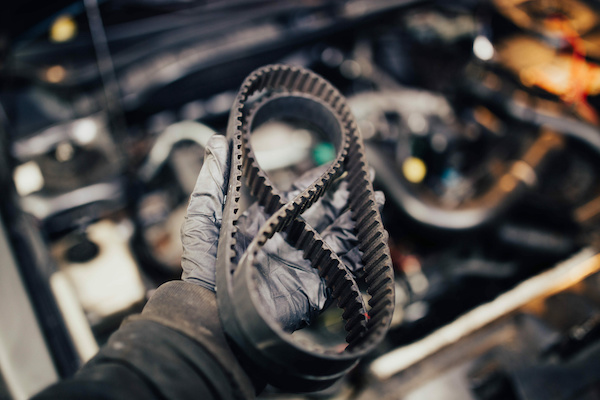
Our vehicle's timing belt is a critical component that guarantees perfect synchronization between the crankshaft and camshaft. A broken timing belt can cause severe damage to the other engine parts. Avoid repairs that cost you thousands of dollars by changing the timing belt when you reach the recommended mileage milestone. Timing Belt Let us find out what a timing belt is before exploring what happens when it breaks. Manufacturers use rubber to make a timing belt. They cut ridges into the continuous rubber loop for the belt to fit into the camshaft teeth. The camshaft rotates to control the crankshaft and valve in your car engine. The timing belt rotates the camshaft to control the valves and crankshaft connected to the car engine's pistons. A timing belt that works appropriately keeps the camshaft and crankshaft in synch. Why Does the Timing Belt Matter? Timing is essential for the pistons' up-and-down movement. Timing remains important in preventing a collision ... read more
Posted on 9/28/2022
.jpeg)
Is your vehicle having trouble starting? If so, you're not alone. Every day, auto repair shops across the country see vehicles with starting problems. In most cases, these problems can be fixed relatively easily. However, if you don't address the problem quickly, it could lead to bigger and more expensive repairs down the road. It could also cause you to miss important appointments or even be late for work. There are a few common reasons why vehicles have starting problems. One of the most common is a dead battery. If your battery is more than three years old, it's probably time to replace it. Another common reason for starting problems is a faulty starter. The starter is what turns the engine over when you turn the key in the ignition. If it's not working properly, the engine won't start. Trouble in starting your car could also be caused by a fuel system problem which are often caused by bad spark plugs or a dirty air filter. This is why it's important to get ... read more
Posted on 8/31/2022
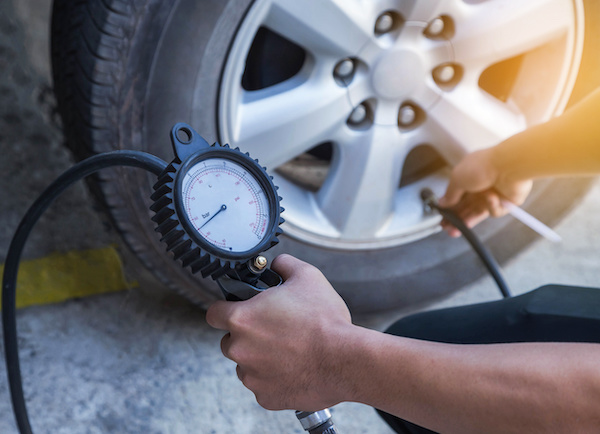
Being able to check your car’s tire pressure is one of the most useful things that a driver can learn. It is one of the easiest ways to maintain your car tires and keep you safe on the road. Otherwise, improperly inflated tires can cause uneven wear and run your wallet a new set of tires soon. So What All Do You Need to Monitor Tire Pressure? The Right Tools First and foremost, you will need to find the right tools and equipment. A tire pressure gauge Is a tool used to check your tire pressure. There are the good old-fashioned ones with the dial and hose, but most of them are digital now, making it easier for people to read. Next, you may need an air compressor to adjust the air pressure accordingly. There are portable ones you can buy, but they usually have them at gas stations. The Right Numbers After you have your tools ready, you will need to find some information before getting your hands dirty. Air pressure is measured in psi, or pounds per square inch. You wi ... read more
Posted on 7/26/2022

We all love the smell of sweet maple syrup on donuts, waffles, and pancakes. But would you imagine your car carrying that smell? Would you still find it amazing? It may not be so much of a delight. Sniffing a maple donuts smell in your automobile may be your first step to a major problem diagnosis. So, why does your vehicle smell like someone just ate or left maple donuts in it a few minutes ago? You Might be Having a Coolant Leak Coolant fluid, or as some people call it, antifreeze, plays a critical role in the proper functioning of your car. In addition to regulating your engine's temperature, it prevents it from overheating. It consists of specific chemical properties for drawing the heat out from the engine. It also integrates anti-corrosive properties to maintain every part it passes through in a healthy state. How Your Coolant Leak Translates to Maple Donuts-Like Smell While your vehicle's mixture of water and antifreeze draws out the heat from your engine, another m ... read more